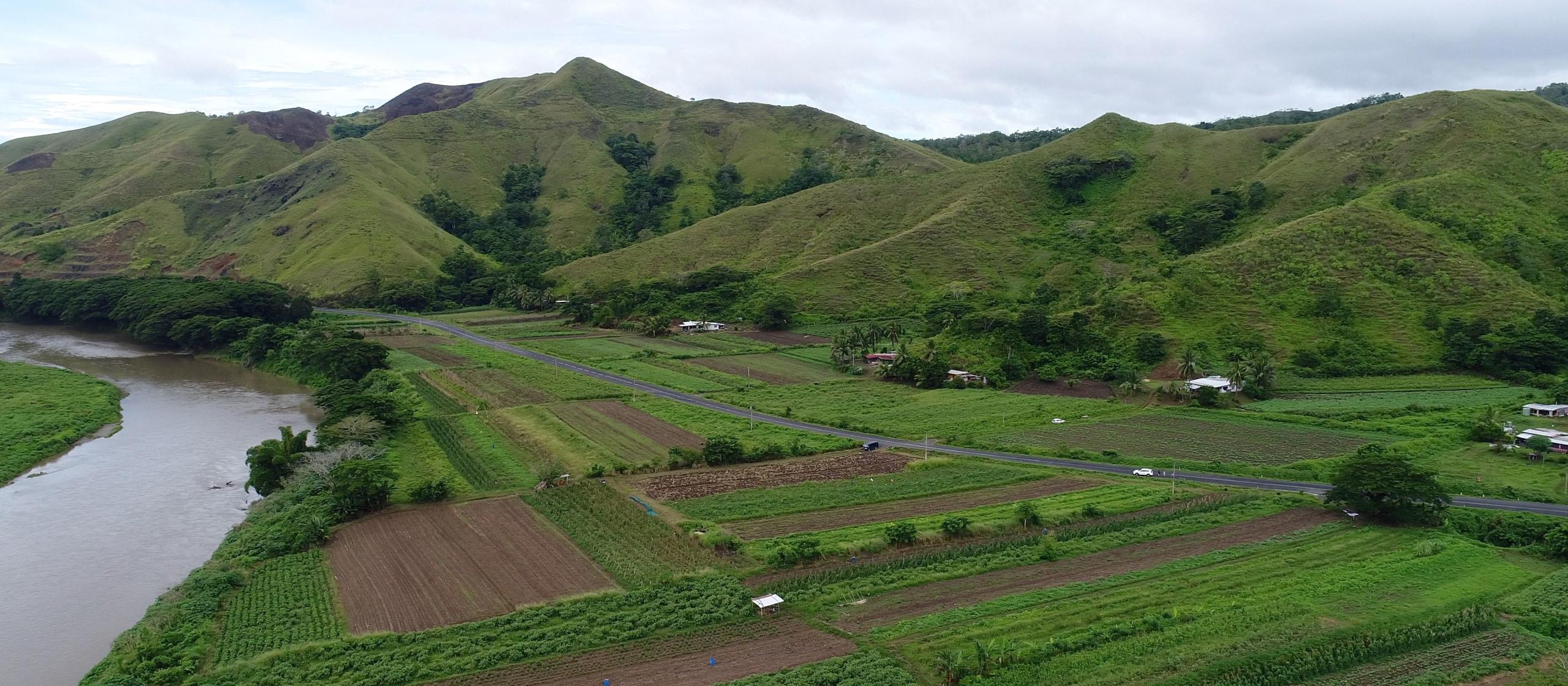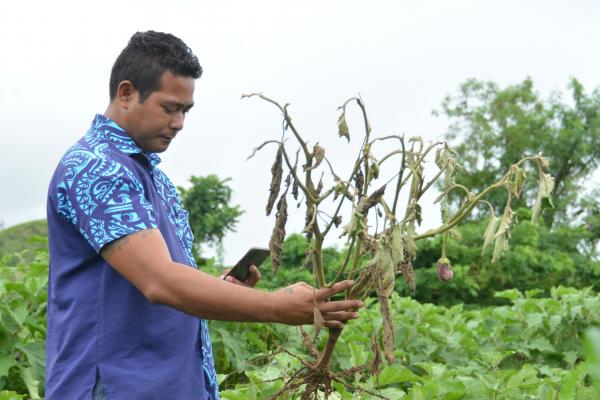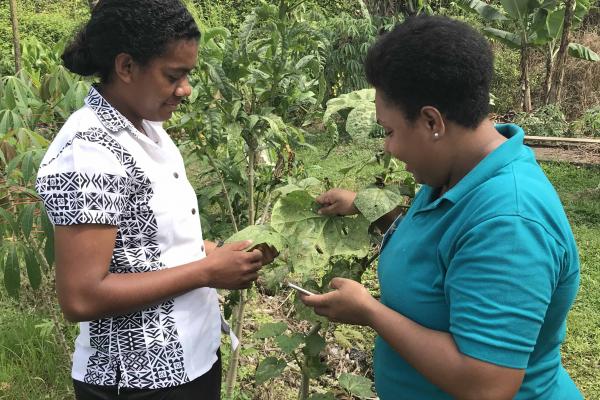- HomeHome
-
About ACIAR
- Our work
- Our people
-
Corporate information
- ACIAR Audit Committee
- Commission for International Agricultural Research
- Policy Advisory Council
- Agency reviews
- Executive remuneration disclosure
- Freedom of information (FOI)
- Gifts and benefits register
- Information publication scheme
- List of new agency files
- Contracts
- Legal services expenditure
- Privacy impact assessment register
- Commonwealth Child Safe Framework
- Benefits to Australia
- Careers
- 40 years of ACIAR
-
What we do
- Programs
- Cross-cutting areas
- Resources
- Where we work
-
Funding
- Research projects
- Fellowships
-
Scholarships
- John Allwright FellowshipScholarships to study in Australia for ACIAR partner country scientists to have Australian postgraduate qualifications
- ACIAR Pacific Agriculture Scholarships and Support and Climate Resilience Program
- Alumni Research Support Facility
- Publications
- News and Outreach
Date released
22 April 2020
On March 11, the World Health Organization declared Coronavirus Disease 2019 (COVID-19) a pandemic. This pandemic is a global crisis that is disrupting essential activities, such as agriculture and food security—and endangering all those who depend on them for their livelihoods. In the Pacific, including Fiji, relevant authorities have taken several steps against the pandemic. Among them are city or nationwide lockdowns, closed international borders, and social distancing. They are allowing only essential services to operate.
Farmers have found help from a group of specialist healers. A mix of local agriculture extension officers, civil society groups and agricultural non-government organisations have been trained to look after plant health. These plant doctors have come out of a project that the Australian Centre for International Agricultural Research (ACIAR) supports. They are part of the essential service industry and continue to provide their expertise and services to local farmers.
The project is a partnership between ACIAR, the University of Queensland and the Pacific Community (SPC) Land and Resources Division. Together they support plant doctors to deliver plant health services to farmers in Fiji, Tonga, Samoa, Papua New Guinea, and Solomon Islands.Under normal circumstances, farmers take their unhealthy plants to farmer-friendly plant health clinics for a diagnosis and recommended treatment.
The clinics aim to help improve biosecurity by preventing the spread and negative impact of plant diseases on agricultural production. They operate much like a local medical clinic that we visit when we are not feeling well. They will be staffed by the new cadre of plant health specialists—plant doctors.
Despite the onset of COVID-19, the plant doctors are using innovative tools and specifically designed technologies. This includes remotely identifying plant health problems as ongoing support for farmers.
A budding plant doctor
In Fiji, agricultural fieldman specialist Maca Vakaloloma works at the Lakena Agriculture Office in Nausori, located in Eastern Viti Levu. She attended the preliminary plant health clinic training to become a plant doctor.
Ms Vakaloloma says the plant health training has been life-changing for her in terms of her everyday work.
‘From these trainings, I can identify common pests and diseases affecting crops. I have led my team to carry out plant health clinics in rural and remote areas. These are very useful as farmers who live in these communities cannot access agricultural offices in their districts,’ says Ms Vakaloloma.
The training introduces participants to different innovative tools and specifically designed technologies that make finding answers to plant health problems easy. This includes training manuals; the Pacific Pest and Pathogens App for mobile devices; PestNet App, a global plant health advisory network; the Plant Doctor Network on WhatsApp; and factsheets on Pacific-related plant health issues.
Trainees such as Ms Vakaloloma are provided with interactive training. They learn how to carry out basic diagnosis, describe symptoms, establish and manage clinics, keep records, and prepare samples for diagnosis. The diagnosis is backed up by national, regional and international diagnostic centres.
Ms Vakalololma is amazed at how quickly she can now provide efficient and effective services. She can offer advice to local farmers in a short period and she can do it remotely.
‘Before the training I would visit a farmer who would be having issues with his crop. I would have to take samples and then go back to my office and spend a few weeks researching and trying to diagnose the problem. Now, after this training, I can easily search the symptoms of a diseased plant on an app or upload a picture on the WhatsApp group. I can discuss the problem and solutions with other plant doctors in Fiji and Australia,’ she says.
COVID-19 impact on plant health clinics
According to Ms Vakaloloma, due to COVID-19, the agriculture ministry has had to cancel all planned plant health clinics for the foreseeable future.
‘We realise that our farmers, who are the heart of our nation, don’t and can’t stop working and we are now providing our expertise and services to them remotely. The ACIAR-supported plant health clinic trainings introduced us to tools such as the Pacific Pest and Pathogens App for mobile devices, and the Plant Doctor Network on WhatsApp. These have been our major tools in supporting our farmers remotely,’ she adds.
Cultivating a healthy future
Ms Vakaloloma adds that for the Fijian agriculture ministry it is a priority to ensure that farmers continue to feel supported while adhering to safety measures.
‘We need to keep the health and safety requirements for us and the farmers in mind. We will continue to strive to support our farmers the best way we can. Once this pandemic is over, we will continue with our health clinics. We are a resilient nation and together we will come through this,’ she says.






